Combine harvesters help reduce labor, cut investment costs, and increase economic efficiency. (Photo: Viet Hoang/VNA)
Having developed alongside the country for 80 years, Vietnamese agriculture has made remarkable progress, becoming a solid pillar of the national economy, especially during difficult times such as natural disasters, epidemics, or global economic crises.
From a country plagued by agricultural poverty, Vietnam has risen to become one of the world's leading exporters of many key agricultural products.
That achievement was made possible not only by the resilience of the farmers and appropriate government policies, but also thanks to the silent but persistent contribution of science and technology.
Now, as the world enters the era of the Fourth Industrial Revolution and the green transformation, Vietnamese agriculture is also undergoing a significant transformation. Smart production models, digitized farms, and precision agriculture are becoming increasingly common, raising hopes for a modern, low-emission, sustainable, and climate-resilient agricultural sector.
According to Deputy Minister of Agriculture and Environment Phung Duc Tien, the current success of the agricultural sector stems from a series of correct and timely policies such as capital support, land allocation, agricultural insurance, trade promotion, and especially the promotion of the application of science and technology.
From mechanizing farmland and using high-yield, high-quality crop and livestock varieties to applying digital technology and digital transformation, all have contributed to increased productivity, reduced costs, and improved product quality and value. Simultaneously, the production mindset has also changed: no longer focusing solely on quantity, but rather on improving quality, developing value chains, linking production to the market, and increasing competitiveness.
One of the clearest examples of scientific achievements in agriculture is the field of plant breeding, especially rice breeding. Vietnam has mastered the technology of three-line and two-line hybridization, creating hundreds of high-quality rice varieties that are resistant to pests, diseases, drought, salinity, and adaptable to climate change.
The ST25 rice variety was created by scientists in Soc Trang province through crossbreeding. (Photo: Trung Hieu/VNA)
According to Mr. Huynh Tan Dat, Director of the Department of Crop Production and Plant Protection, high-quality rice varieties currently account for up to 70% of the cultivated area, including OM5451, OM6976, OM18, ST24, ST25, etc.; among which ST25 once won the title of "World's Best Rice."
Thanks to improved varieties and advanced farming techniques, Vietnam's annual rice production reaches 43-44 million tons, making it one of the world's three largest rice exporters. Furthermore, Vietnam is a pioneer in implementing the project "One million hectares of high-quality, low-emission rice linked to green growth in the Mekong Delta," a strategic step in green and sustainable agriculture.
The "Green Label Rice" fields now bring their products to demanding markets such as Japan and Europe at high prices. Besides rice, science has also promoted improvements in fruit tree and industrial crop varieties, helping to stabilize production, spread out harvests, and increase farmers' income.
In the livestock sector, Vietnam is the first country in the world to successfully produce a vaccine for African swine fever – an achievement highly praised by the international community. Currently, three domestic enterprises are producing this vaccine, contributing to protecting the livestock industry from dangerous diseases, ensuring food safety and national food security.
Furthermore, domestic research institutes have mastered many modern biotechnologies such as: gene isolation and extraction, gene editing using CRISPR/Cas9 technology to create high-yield corn varieties and nutrient-rich soybeans; application of molecular markers and cell technology in plant breeding; and development of enzymes and microorganisms for plant care and environmental protection.
Thanks to these technologies, the agricultural sector not only produces quality products but also optimizes agricultural by-products, treats waste, and actively contributes to the goal of reducing greenhouse gas emissions and developing a circular economy.
However, the road ahead is not without its challenges. The agricultural sector is facing a series of major obstacles such as climate change, extreme natural disasters, fierce competition in export markets, and increasingly high demands for quality, green and clean standards, and traceability. In particular, the bottleneck of small-scale, fragmented production has not been completely overcome, hindering synchronized development.
To overcome these challenges, Deputy Minister Phung Duc Tien affirmed: "Applied research in agriculture plays a key role, bringing outstanding and comprehensive results to Vietnam's agriculture sector, helping it develop strongly in a modern, sustainable direction and integrate internationally."
According to the Deputy Minister, promoting the application of science and technology and digital transformation in the production, preservation, and processing of agricultural products is an inevitable trend. It is necessary to support farmers in accessing smart technologies, building a digital agricultural ecosystem, and strengthening the linkages between the four stakeholders: farmers, scientists, businesses, and the government, to ensure production is linked to value chains and consumption areas. In particular, Resolution No. 57-NQ/TW of the Politburo on breakthroughs in the development of science, technology, innovation, and digital transformation has been issued as a crucial strategic milestone.
This resolution not only removes barriers to research but also opens up a legal framework and impetus for science to truly become a "central driving force" in socio-economic development. The output-based contracting mechanism, granting genuine autonomy, and promoting the science and technology market will help research organizations move beyond being "on the sidelines" and instead "lead" the innovation process.
Resolution No. 57-NQ/TW is expected to create a similar effect to the "Rice Contract 10" that brought about the "rice revolution" three decades ago. It is not just a policy document, but also a declaration of scientific thinking innovation, activating action and creating momentum for the agricultural sector to enter a new phase of development – more modern, green, and sustainable.
According to Vietnamplus
Source: https://www.vietnamplus.vn/don-bay-dua-nong-nghiep-viet-nam-tien-den-hien-dai-va-xanh-hoa-post1058427.vnp
Source: https://baolongan.vn/don-bay-dua-nong-nghiep-viet-nam-tien-den-hien-dai-va-xanh-hoa-a201503.html


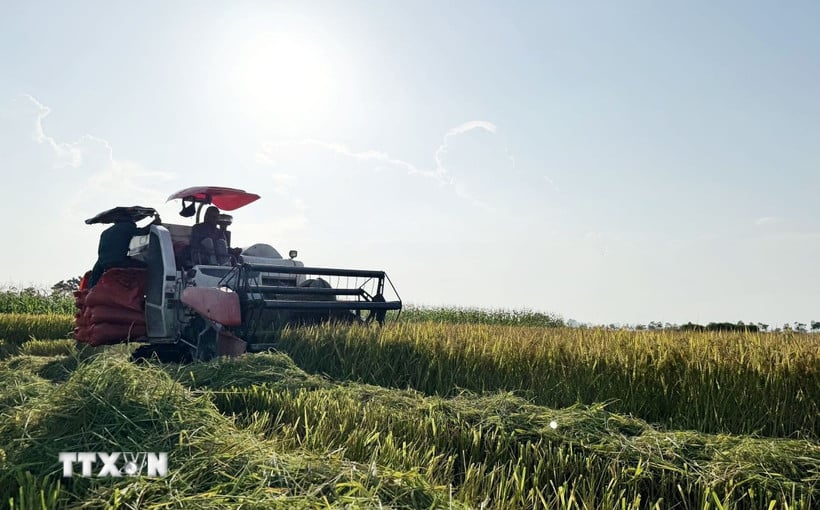
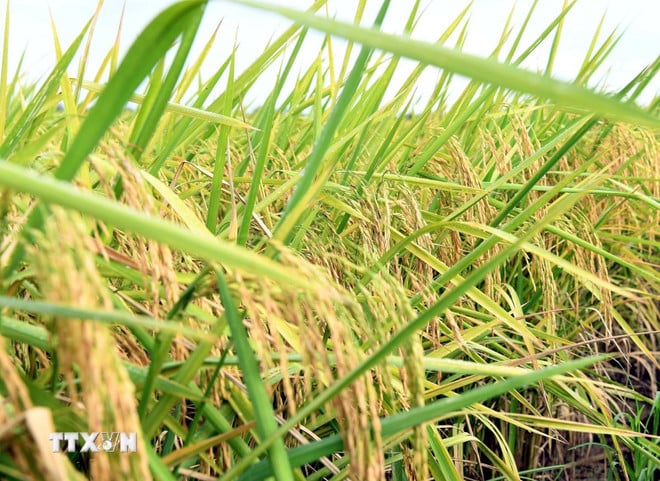








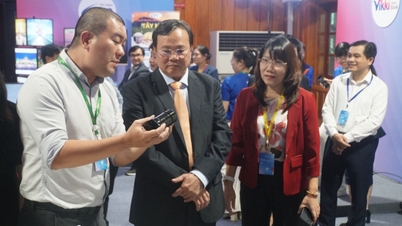

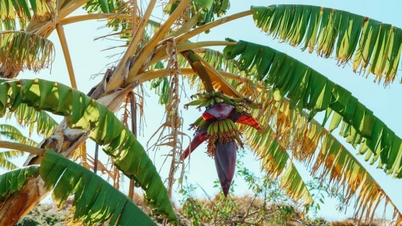
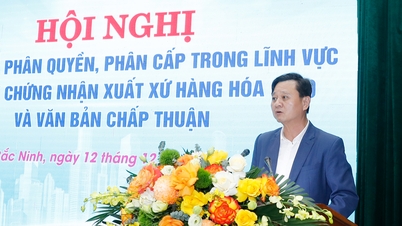




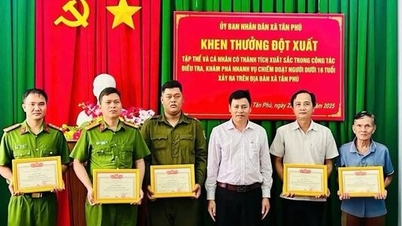
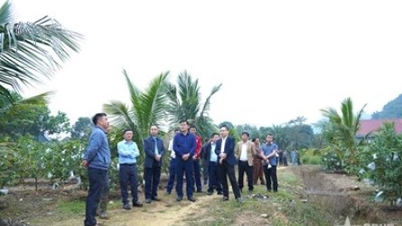

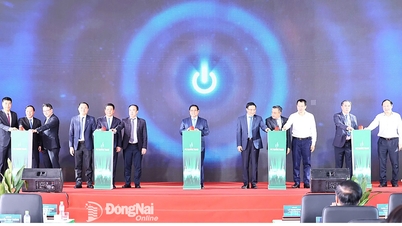

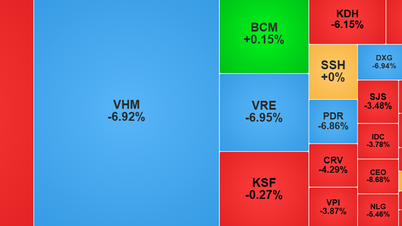

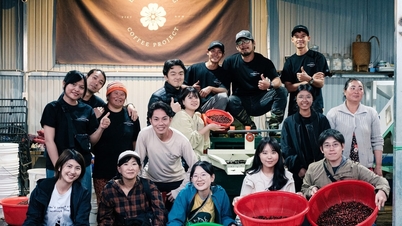

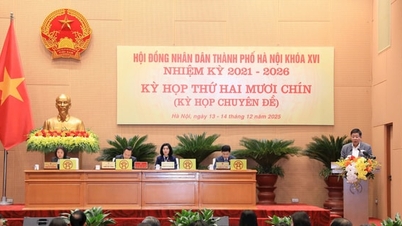




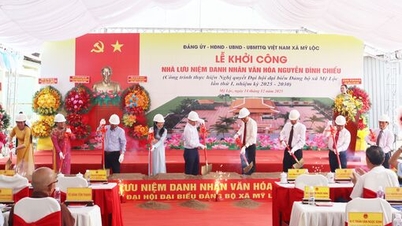
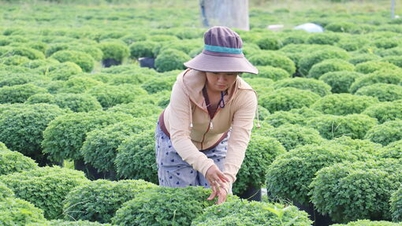
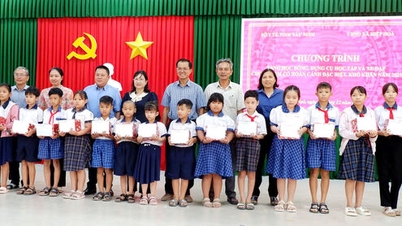
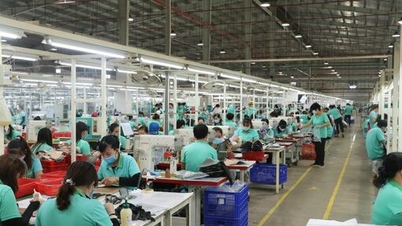
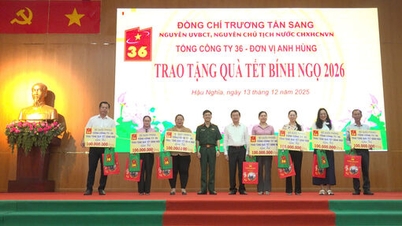


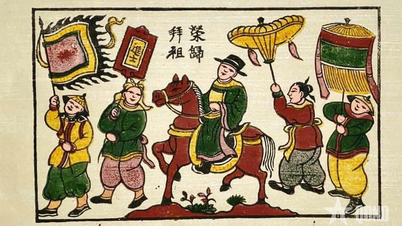

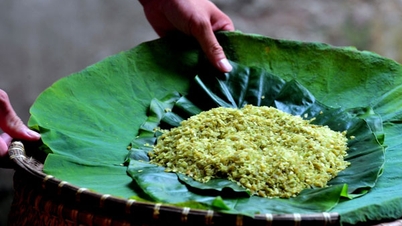

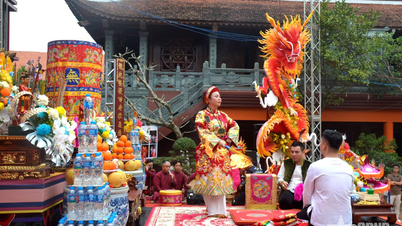









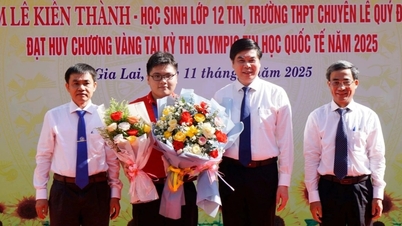

















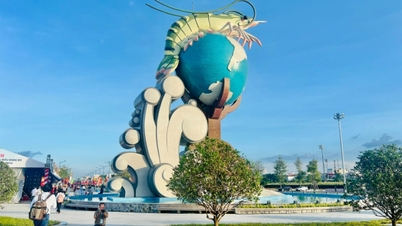
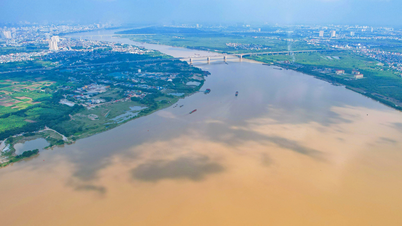




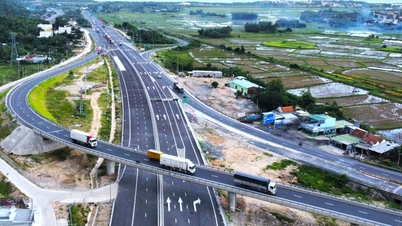
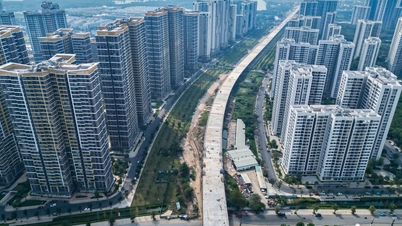

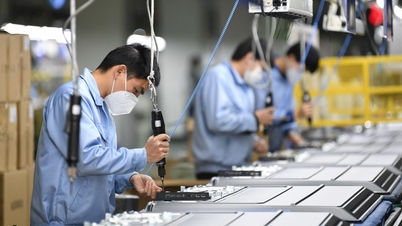




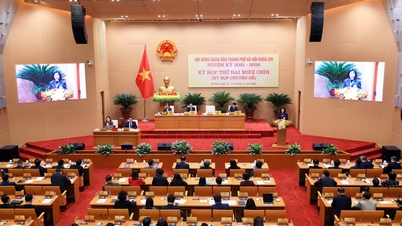




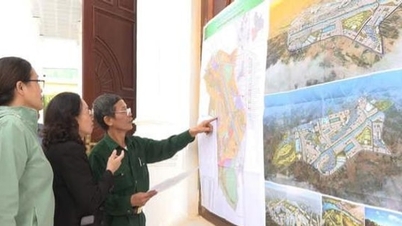
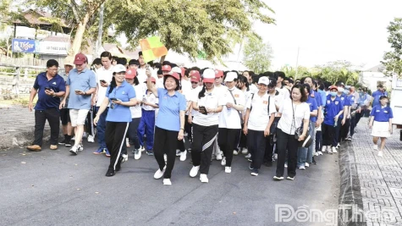

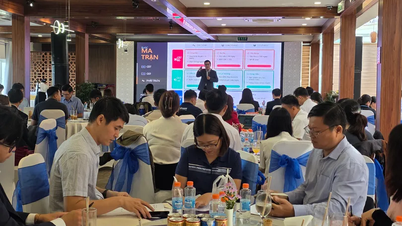

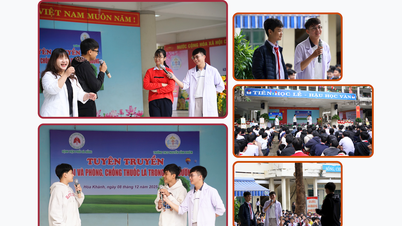

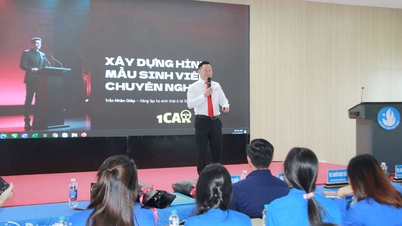










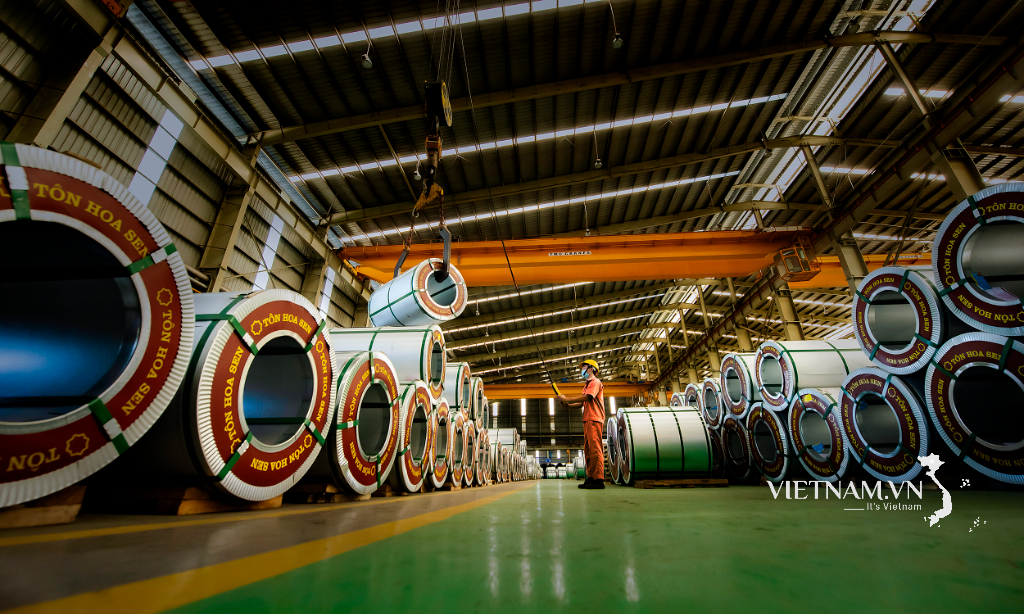


Comment (0)